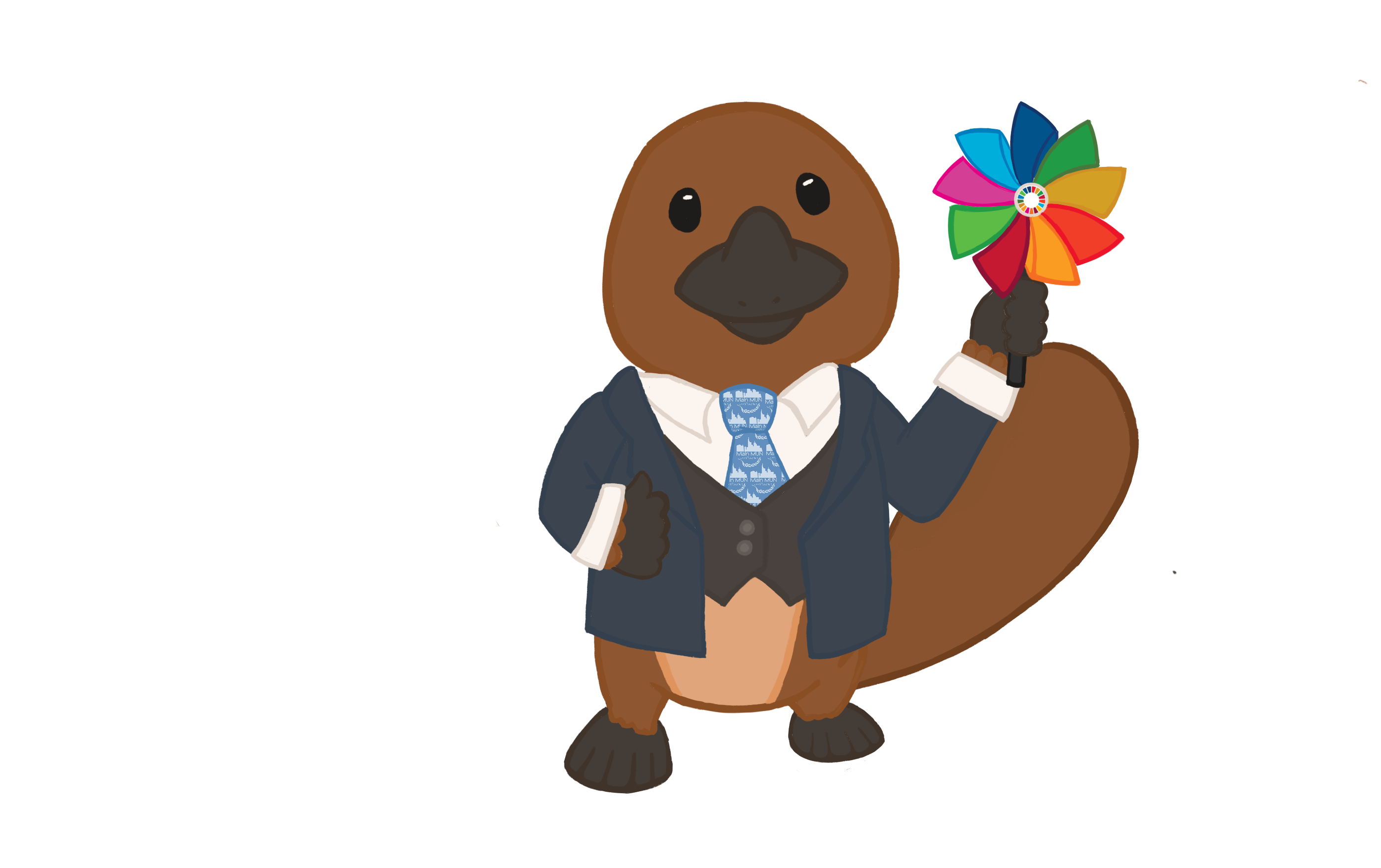Human Rights Council
Level: Beginner
The Human Rights Council is an inter-governmental body within the United Nations system and a subsidiary body of the General Assembly. The Council is made up of 47 United Nations Member States, which are elected by the General Assembly for a period of three years, and holds responsibility for the promotion and protection of all human rights around the globe. Its foundation in 2006 was the result of a reform process in the UN and represented the replacement of the Commission on Human Rights (CHR). Since then, it has been addressing situations of human rights violations and making recommendations on them.
Located in Geneva, Switzerland, its duty entails responding to urgent human rights situations by addressing issues regarding accountability and liability for violations of international human rights and humanitarian law as well as serving as a general forum for debate and dialogue on all human rights issues. In order to strengthen its efforts, the Human Rights Council cooperates with non-governmental organizations, national human rights organizations as well as other civil society actors.
Each year, the HRC holds regular sessions, with each annual series of sessions being referred to as “cycle”, and, at any time, a special session may be requested if an acute human rights violation or a similarly urgent event occurs.
Another important function the HRC is entrusted with is the Universal Periodic Review (UPR) mechanism, which is conducted in order to ensure the UN Member States’ conformity with human rights. Each Member State of the UN has to submit to the periodic review to assess the fulfillment of its human rights obligations, with each review cycle taking about four years to complete.
Topic:
1. Protecting the Right to Privacy in the Age of Artificial Intelligence
TBA
2. Ensuring the Human Right to Health and Well-Being in Conflict Zones
TBA
Chairs

